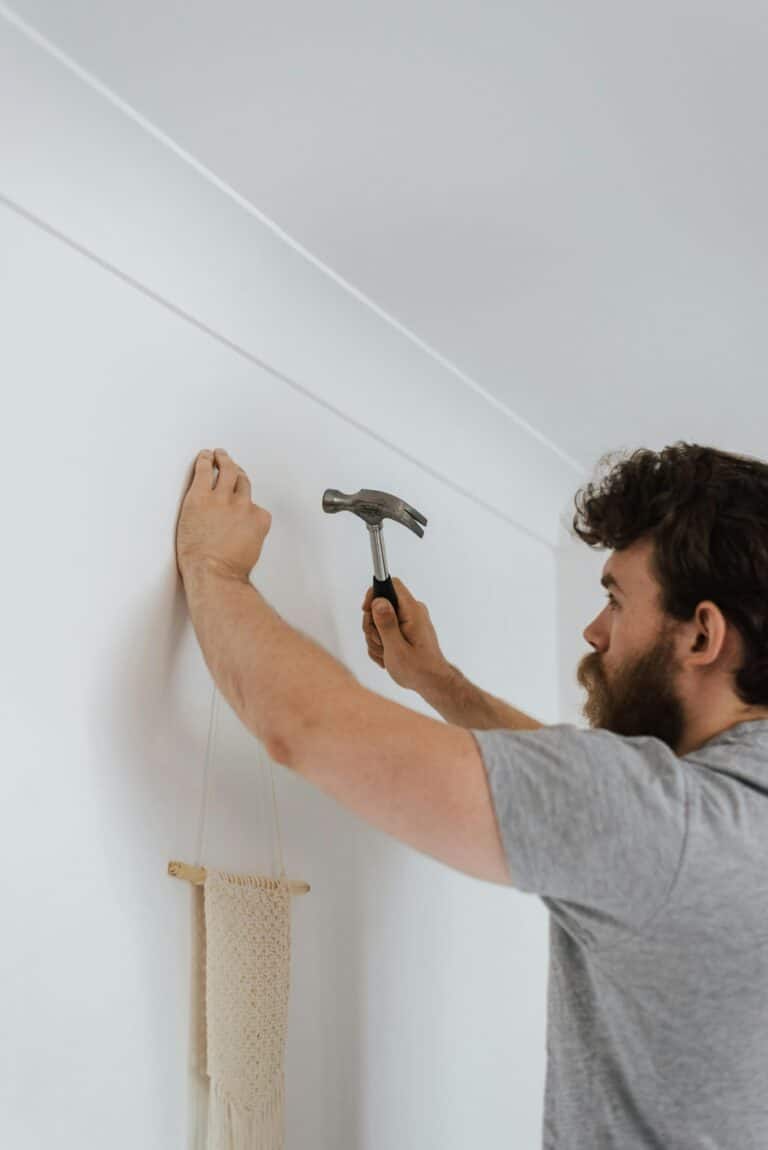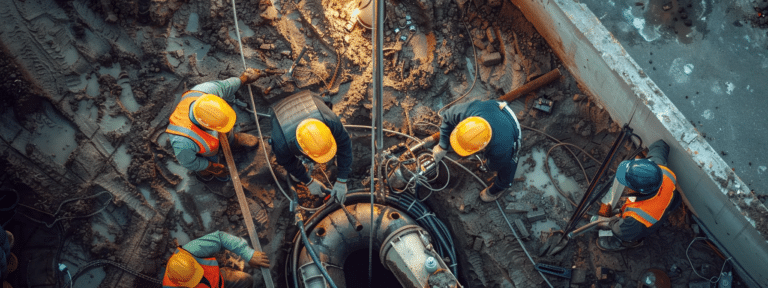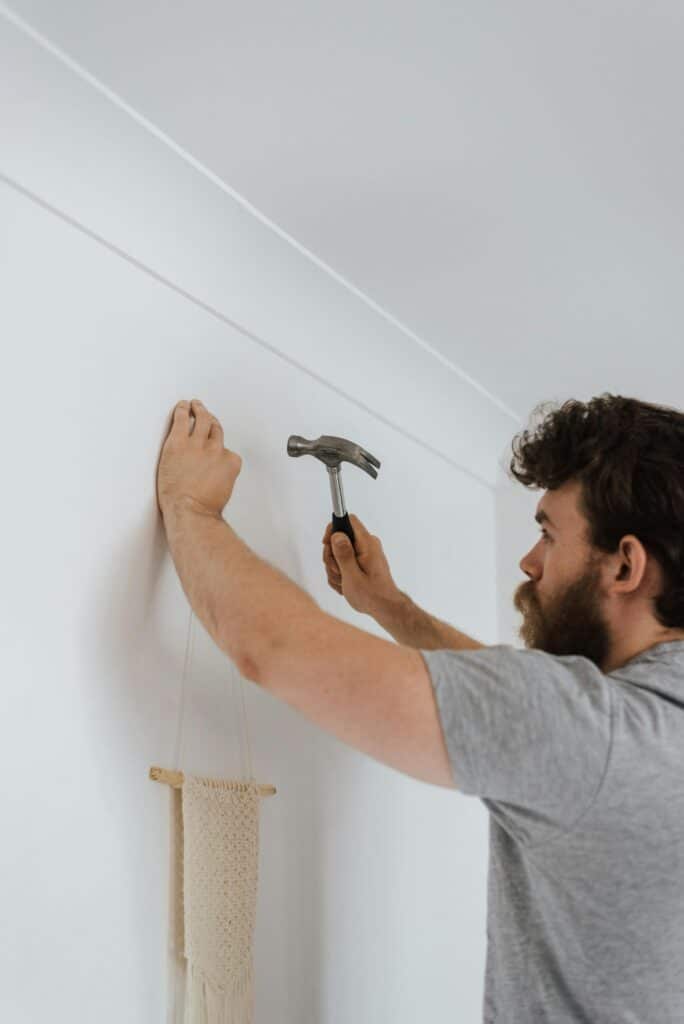It’s not uncommon for families to sometimes struggle with money. Sometimes, things can just go wrong, and you can run out. All it takes is for a couple of things to happen at the same time, like a job loss and a medical problem.
Fortunately, there are multiple channels families can explore that offer support. Usually, these won’t dig you out of a financial hole, but they can be helpful if you’re running out of money and need some advice.
So, what’s actually out there and what should you try?
Energy Assistance Programs
One place to start with one of the many energy assistance programs that are out there. These combine things like local utilities and environmental agencies to provide a range of services to slash your energy bills and prevent them from becoming such a drain on your resources.
Because this form of financial relief isn’t direct, it is often one of the most overlooked. Many families simply don’t think of it, even if it is available to them. It’s usually just a question of looking and seeing whether you’re eligible.
School District Family Liaisons
Another potential route you can take is to use school district family liaisons. The idea here is for specialists to connect you with various forms of material support that can help meet immediate needs. For example, you might have a liaison for medical supplies, food, and clothing — things you and your family might need right now but can’t afford at the regular store.
What’s nice about these arrangements is that you can create quite complex networks. These provide tremendous levels of support across multiple areas of life, preventing sundries and other items from draining your budget and leaving you in a worse position financially.
Nonprofit Legal Clinics
Another option is to go to nonprofit legal clinics. These provide you with legal advice on what you can do about things like debt collection. Many times, these organizations will intervene on your behalf and ensure that lenders respect your rights under the law. Sometimes, banks and other agencies can overstep the mark in trying to return funds, and trample on your rights.
Many of these organizations provide services free of charge. Sometimes, they can actually prevent or delay proceedings against you and your family, giving you more time to get money together or consider your next move.
County Extension Services
County extension services were originally designed to help farmers. However, these days they provide free financial literacy workshops to almost anyone, enabling you to get by with less while you work on improving your income and resolving your financial situation.
Their approach is actually quite holistic and a great way for you to reduce your costs substantially and ensure that you can continue to move forward financially. For example, they can provide budgeting advice for low-income families. They can also offer advice on how to use and preserve food (which is a significant expense for anyone on a low income).
Injury Firms
Another option is to see whether you might be entitled to compensation for a health issue via a medical injury law firm. These provide attorneys on a no-win, no-fee basis, meaning you pay out of the compensation that the other side gives you, not out of your personal savings pot.
For example, if you had exposure to asbestos in the past, you might be able to go to a mesothelioma law firm. They would then provide you with legal representation and try to win you money from your former or current employer.
What’s nice about this approach is that it can provide you with a vast lump sum. The amount of money that these organizations can be forced to pay out is significant, especially if the medical harm done to you is significant.
Local Mutual Aid Networks
You might also want to look into mutual aid networks. These aren’t charities but rather just regular people who chip in with their resources when they get them and share them with everyone else. For example, they might provide things like groceries or babysitting support. They can also do things like provide assistance with transport so you can get to where you need to go. For example, if you need to get a bicycle, they can deliver it to your door, or they can take you to a place where you can get one.
Church Programs
Churches also provide some assistance sometimes. Many have outreach programs for the community.
How these work depends on the individual charity. Some have established programs, while others will simply give when required.
This is possible because a lot of churches maintain discreet funds. These provide help to anyone in need and don’t require any official membership.
Credit Union Hardship Programs
You could also look into credit union hardship programs. These are free, but provide you with loans at low interest rates to cover your immediate expenses. They can also give you some advice on how to proceed, given your financial position.
Usually, you’ll need to make some sort of lifestyle sacrifice in the short term. That could mean moving to a smaller place, or it could mean cutting down on car payments or selling anything expensive that you can’t maintain.
Once you do this, you may have a chance to skip some existing payments that you owe. You’ll also notice that the amount of money you’re paying out is falling considerably.
Call A Helpline
Finally, you might look into calling a helpline if your family’s finances aren’t where you want them to be. These are handy if you need access to community resources that can help you. For example, they can connect you to things like job training programs and food banks. Again, once you have a network like this running for you in the background, it becomes easier to get back on your feet and start moving forward financially again.
The best bit about these helplines is that you don’t need to navigate a complex government bureaucracy. You just call and get help.

















